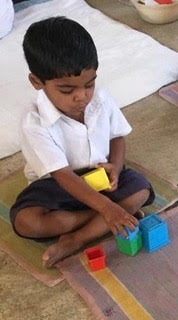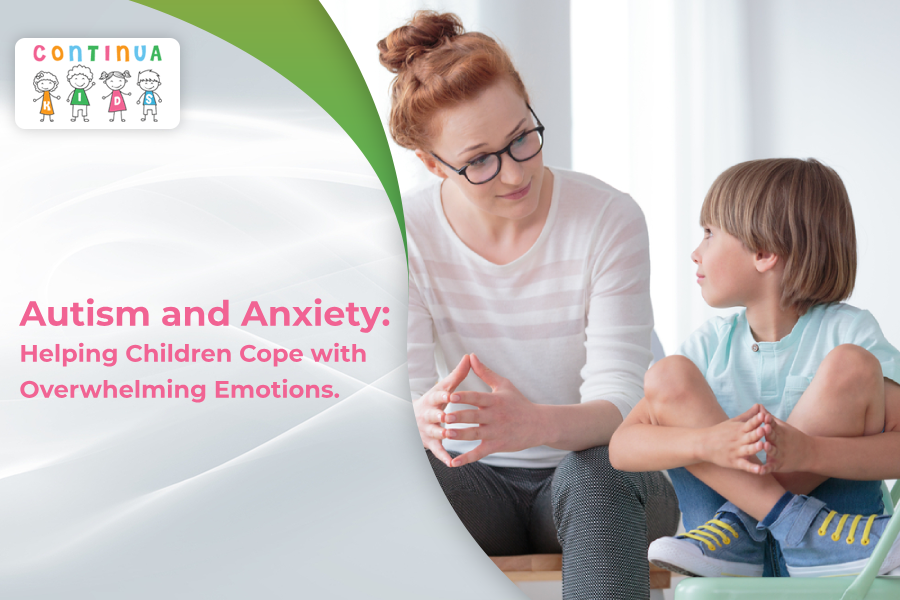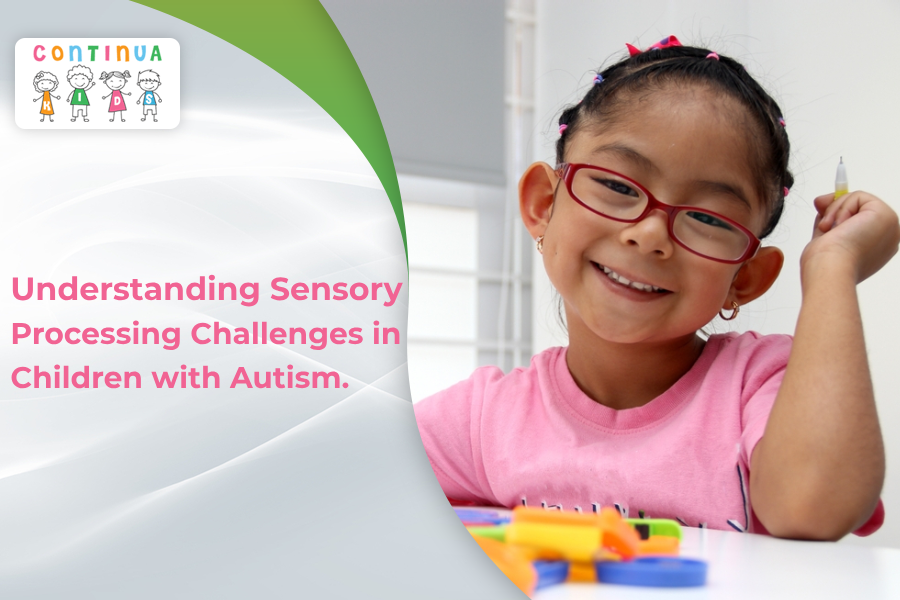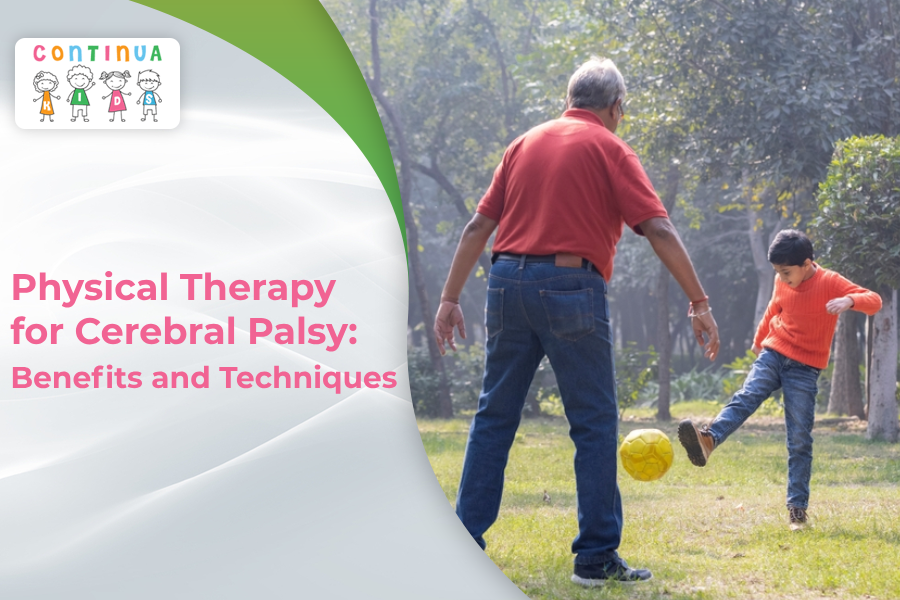Parenting a special needs child is one of the most challenging and demanding tasks for a family to manage. Children with special needs are like other children but have some limitations that need special attention. Doctors , therapist and educators play a major role in assisting the children overcome their limitations but the final onus of integrating these children into mainstream life goes to the parents.One of a recent study found that the prevalence of neurodevelopmental disorders (NDD) is near 12% in Indian Children aged 2-9 years . These neurodevelopmental disorders include Austin spectrum disorders , Learning disability , intellectual disability, ADHD ( attention deficit hyperactivity disorder ), conduct disorders , Cerebral palsy and impairments in hearing and vision. Children experience difficulty with language, speech, motor skills, behavior , memory, learning and other neurological functions. The symptoms may change or evolve while the child grows older but some disabilities are permanent . The diagnosis and treatment of these disabilities may be difficult and may need a specialist like a developmental Pediatrician to diagnose and plan appropriate intervention involving multi-professional therapy, medications, home and school based program.We at continua kids believe that a well informed and empowered parent can make a lot of difference to the life of children with special needs. Hence raising awareness in the community about these disorders and about their various methods of treatment is important . It is a very well known fact that early identification by developmental screening can help in timely diagnosis leading to start of an early intervention program which are known to improve the long term neurodevelopmental outcomes.
Development of a child can be monitored by tracking the developmental milestones of a child . If those milestones are not achieved at a desired age than it is considered a red flag . Red flags demand details evaluation by a developmental Pediatrician followed by necessary intervention to prevent disabilities and longterm developmental outcomes .
Certain common manifestation of developmental delay are :
Physical signs:
Achieved milestones later than the predicted age.
Stiffened upper and lower extremity
Reduced tone (or Floppy trunk) / posture as compared to other children of same age .
One side of body is used significantly more than the other side of the body
Clumsy as compared to other children of same age.
Visual Signs :
difficulty in following objects with the eyes
Frequent rubbing of eyes
Turns head in usual position when looking at objects
Difficulty in locating and picking small objects (after 12 months of age)
Closing of one eye to look at distant objects
Hearing Signs :
Vocalizes in a very loud or very soft voice
Vocalizes in a very loud or very soft voice
does not startle to loud sounds
poor response to name call
unable to speak or pronounce words as other children of similar age
Behavioral Signs :
Difficulty in staying focused on an activity
Focuses attention on objects other than toys and prefers to play alone than interacting with peer or adults
Reduced Eye contact
Aggressive or stubborn behavior
Inattentiveness , hyperactivity as if always on a go , rocking or spinning of the body, self talking , gibberish and repetitive speech
Reduced emotional response towards parents/ family and caretakers.
Dr Himani Narula khanna a Developmental Pediatrician states that early identification of developmental delay is easy, it can leads to an early diagnosis followed by timely intervention for better neurodevelopmental outcomes. For further support you may download Continuakids app from the play store or the app store to help you track the growth and development of the child from zero to 5 years and seek help when you find the reflags . For more support can reach us via our website www.continuakids.com or can also message us from the continuakids app for support .




